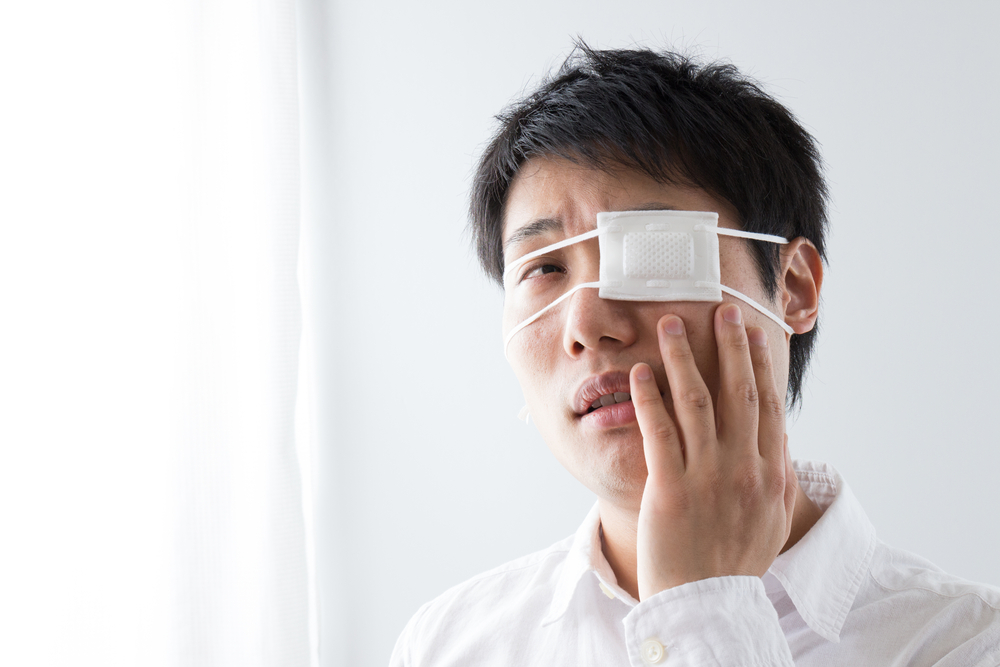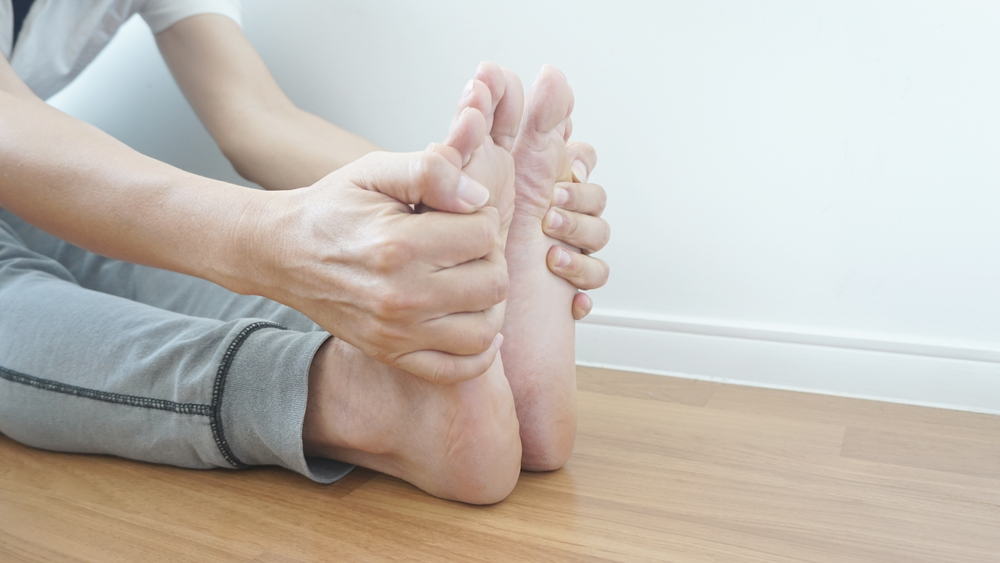Contents:
- Medical Video: Causes Behind Premature Births
- Factors causing premature babies born
- 1. Smoking, alcohol and drug use
- 2. Having complications during pregnancy
- 3. Has a very large size of the uterus
- 4. Age of pregnant women
- 5. Have the experience of giving birth to a premature baby
- 6. The distance between pregnancies is very short
- 7. Infection of the uterus and vagina
- 8. Abnormalities in the structure of the uterus or cervix
- 9. Stress
- How do you know if your baby will be born prematurely?
- Through tests
- Symptoms and signs of a baby will be born prematurely
Medical Video: Causes Behind Premature Births
It often happens, the mother suddenly feels she has to give birth at that time, even though the gestational age is not enough and the growth of the baby in the womb is still not perfect. This is what is called premature birth. Premature birth is certainly not something that is expected by any mother, because preterm birth increases the risk of complications in the mother and baby after birth.
Premature birth occurs when the body is ready to give birth faster, even though the womb has not reached the age of 37 weeks and the baby is not ready to get out of the womb. Then, why has the mother's body given a sign that the baby must be born soon?
Factors causing premature babies born
There are various things that can cause babies to be born prematurely, but there is no one thing that really is the reason why babies are born prematurely. These factors may play a role in triggering contractions in the uterus and making the cervix dilate before the time the baby is ready to get out of the mother's womb. Factors that can increase the risk of premature delivery are:
1. Smoking, alcohol and drug use
This behavior not only increases the risk of miscarriage, but can also cause the baby to be born prematurely or make the baby have a low birth weight. The chemicals contained in cigarettes, alcoholic beverages, and drugs can penetrate the placenta.
2. Having complications during pregnancy
Complications, such as high blood pressure, preeclampsia and gestational diabetes, and placental problems such as placenta previa (placenta attached to the lower part of the uterus) and placental abruption (a condition in which the placenta is completely or partially removed from the uterus before the baby is born) can cause the baby must be immediately issued even though it's not yet time.
3. Has a very large size of the uterus
This happens when you are pregnant with twins or more, or have excessive amniotic fluid. Both of these can make you more likely to give birth prematurely.
4. Age of pregnant women
Pregnant women who are younger than 17 years or older than 35 years are more likely to have babies born prematurely than those aged between 17-35 years. The age of pregnant women who are older than 35 years is at high risk of experiencing complications and can eventually cause a baby to be born prematurely.
5. Have the experience of giving birth to a premature baby
If you have given birth prematurely, this can increase your risk of having a premature birth again.
6. The distance between pregnancies is very short
Subsequent pregnancies of children who have a distance of less than 18 months after a previous child is born can increase the risk of premature delivery. The longer the distance between your children, the lower the risk of premature babies born.
7. Infection of the uterus and vagina
Infection of the uterus, including the amniotic fluid, and vagina, in general bacterial vaginosis (BV) infections, can cause premature birth. In fact this infection is generally the reason for half of all preterm birth cases. Experts suspect that infection can cause inflammation, resulting in the release of the hormone prostaglandin, which is the hormone that triggers the birth process. Another theory states that compounds produced by bacteria in the genital tract that are infected can make the membrane around the amniotic fluid weaken and cause decay earlier. Bacteria can also cause infection and inflammation in the uterus, which triggers premature birth of the baby. Infections that occur in other parts of the body can also trigger premature birth, such as kidney infections, pneumonia, appendicitis (inflammation of the appendix), and infections of the urinary tract.
8. Abnormalities in the structure of the uterus or cervix
Abnormalities in the uterus or cervix can make the baby more difficult to get out of the womb. These abnormalities in the uterus or cervix include the short cervix (less than 25 mm), the cervix is not closed as it should during pregnancy, the cervix is thinning, or the cervix is opening (dilated) but not accompanied by contractions.
9. Stress
Severe stress caused by traumatic experiences can cause the release of hormones that trigger birth so the baby must be born prematurely. Stress from work can also cause babies to be born prematurely. Research shows that pregnant women who stand more than five hours a day or who have physically tiring work are more likely to give birth prematurely.
How do you know if your baby will be born prematurely?
You should know the signs of premature birth early so that you can prepare it well and not have worse consequences. Better preparation can make big changes. You can anticipate it early by checking your condition and the fetus to the doctor and doing a screening test, as well as by observing the symptoms.
Through tests
Some screening tests can help you determine your risk level for preterm delivery. This test measures changes that indicate when you should deliver and changes that are associated with an increased risk of preterm birth. Some screening tests, namely:
- Transvaginal ultrasound that measures the length and level of opening (dilation) of the cervix
- Uterine monitoring that detects uterine contractions
- Fetal fibronectin that detects chemical changes in the lower uterus
- Vaginal infection test to find out whether you have bacterial vaginosis (BV) or not
We recommend that you check with your doctor near the months you give birth to find out earlier. You can do this test before you have signs of premature birth.
Symptoms and signs of a baby will be born prematurely
If you are going to give birth to a baby prematurely, you will usually experience the following signs:
- Back pain, can occur continuously or come and go. This will not disappear even if you have changed positions or done something that makes you comfortable.
- Contractions every 10 minutes or more often.
- Cramps in the lower abdomen or cramps like during menstruation. It may also be like there is gas in the stomach that occurs when diarrhea.
- Liquid discharge from your vagina.
- Nausea, vomiting or diarrhea.
- Increased pressure on your pelvis or vagina.
- Having more vaginal discharge than usual.
- Vaginal bleeding.
READ ALSO:
- The Importance of Giving Breast Milk to Premature Babies
- Which Must Be Prepared in a Suitcase Ahead of the Birth of Twins
- Facts About Exclusive Breastfeeding












